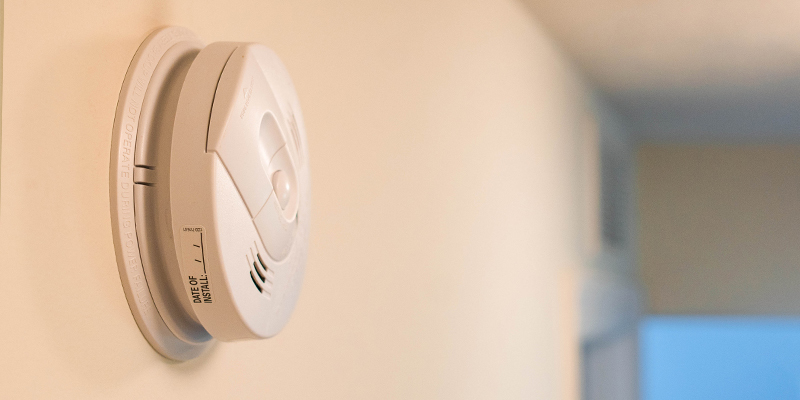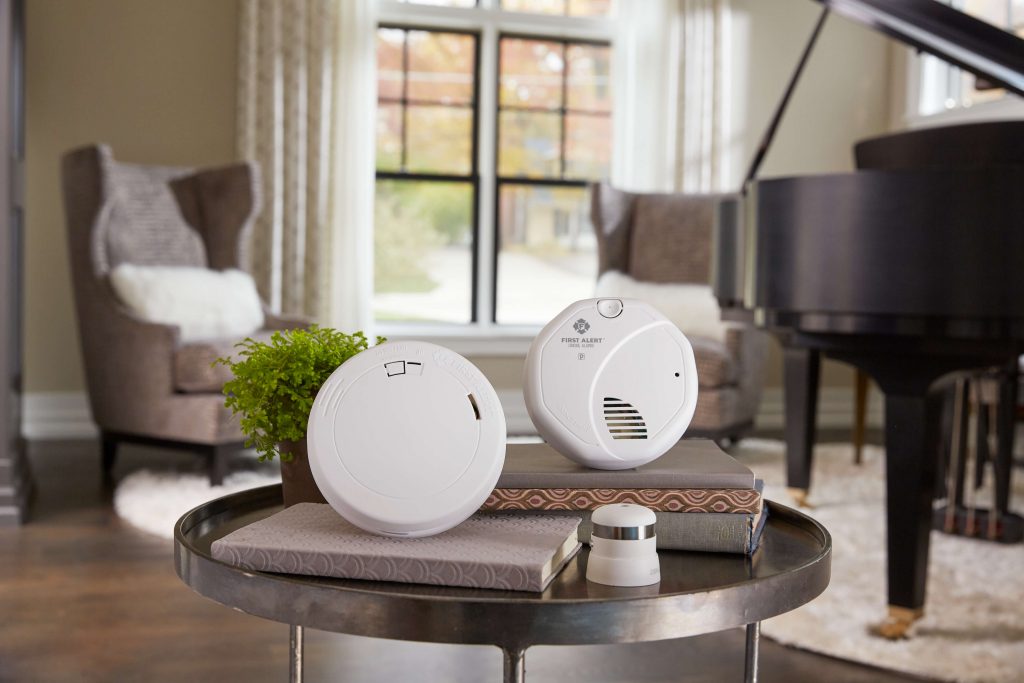Selling
Are you selling a home in Queensland? Here's all you need to know about smoke alarm compliance, certificates, and the sales contract.
New laws established in the Queensland Fire and Emergency Services Act 1990 were enacted on January 1, 2022. These new rules impose additional obligations on Queensland property sellers to ensure that;
On each floor, interconnected photoelectric smoke alarms (without an ionization sensor) have been installed, as well as in each bedroom and the interconnecting hallway outside the bedrooms.
If not hardwired, be connected to the mains power source or powered by a non-removable 10-year lithium battery.
Comply with Australian Standard 3786:2014, be under ten years old, and work when tested.

Disclosure obligations and smoke alarm compliance
If you sell a residential property in Queensland, you must disclose certain information to the buyer before signing a contract. This information is mentioned in two critical documents:
- The contract of sale
- The 'Form 24' (Transfer of Title)
Contract of Sale
The standard REIQ contract of sale in Queensland includes a part the seller must fill before the buyer signs the contract, noting if the property is equipped with compliant smoke alarms. When preparing a property for sale, these smoke alarm standards must be met before it may settle.
You must negotiate with this obligation as a seller and must meet the minimum smoke alarm criteria. Failure to install compliance smoke alarms is a violation (even if it was disclosed), and the seller may face a fine (a seller can still be penalized for committing an offense after the property has been sold). Furthermore, the buyer may receive a 0.15% rise in the contract purchase price. As a result, it is suggested that QLD sellers install proper interconnected photoelectric smoke alarms at their cost before settlement.

Form 24
When a property is sold, the vendor must also file a Form 24 (transfer of title form) with Titles Queensland (previously known as the Queensland Land Registry Office), declaring that the smoke alarm regulation requirements have been completed and that the purchaser is aware of the fact.
